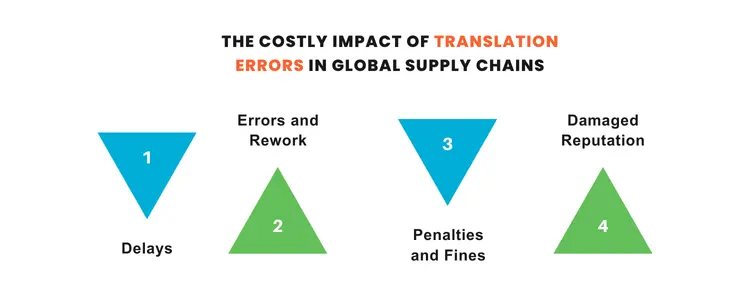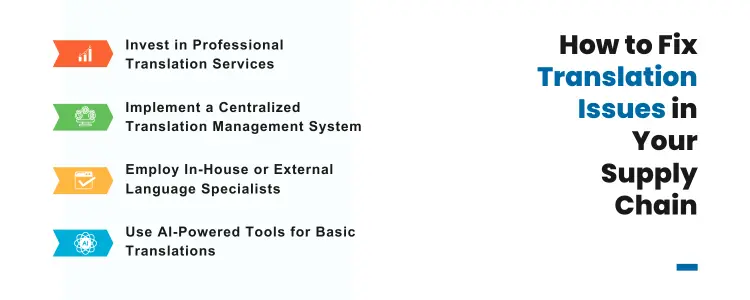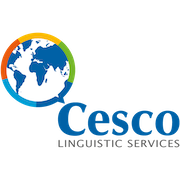
How Professional Translation Services Enhance Global Supply Chain Management?
Managing a global supply chain can be tough, especially when

Translation errors can lead to delays, penalties, and even lost business opportunities.
As a supply chain manager, you understand the importance of clear communication, but have you fully recognized the financial impact of translation errors?
Let us look at the real impact and how to avoid repeating these costly mistakes.

Think of this: You’ve got a shipment stuck at customs because the documentation wasn’t translated. Suddenly, your carefully planned timeline begins to fall apart. A Harvard Business Review article states that building trust with suppliers is crucial for effective supply chain management.
A communication breakdown can lead to delays that damage these relationships. One tiny translation error can cause ripples, leading to product delays and dissatisfied customers.
Mistranslated instructions often require rework or recalls. Inaccurate labeling or miscommunication with manufacturers can lead to products that don’t meet standards, forcing you to start over.
The cost here isn’t just financial; it’s also about losing the trust of your partners and customers.
A Journal of Quality Innovation study emphasizes that poor communication can significantly hinder innovation and quality improvement processes. Proper translations can easily prevent these costly mistakes.
Global trade regulations are complicated and differ by region. Inaccurate translations in legal documents or customs declarations can lead to non-compliance and heavy fines.
In today’s competitive market, no one can afford these extra expenses.
According to Forbes, the supply chain environment is already struggling to recover from global disruptions. When translation errors are involved, increased fines and legal issues are certain.
The quality of your interactions with partners and consumers will determine your brand’s reputation. Poor translations in marketing materials, product manuals, and customer service responses can damage your brand’s image.
As noted by SpringerLink in a study on ethical supply chain practices, ineffective communication can lead to a significant decline in trust, tarnishing companies’ reputations globally. Inaccurate translations can make your brand appear unreliable, resulting in lost business opportunities and damaged partnerships.

Now that you understand the impact of poor translations, let’s discuss fixing the issue.
It’s wise to have language specialists who understand the nuances of your industry for technical documents, contracts, and compliance-related content.
Consider employing professional translation and localization service providers who ensure that translations are precise, reducing the chances of costly mistakes.
Inaccurate translations can cost you time, money, and your reputation.
By investing in proper translation strategies, you can avoid these pitfalls and enhance the efficiency of your global supply chain.
It all comes down to taking the initiative and recognizing that communication clarity is necessary rather than a luxury.
Are you prepared to remove translation mistakes from your supplier network?
Contact Cesco Linguistic Services to guarantee smooth international communication that reduces costs and fosters partner trust.
Like what you read? Share it with your Friends.

Cesco Linguistic Services was founded on August 4, 2004. Our passion is to facilitate Human-to-Human understanding in meaningful and rewarding ways through the power of language.
Attention Supply Chain Managers!
We present you this indispensable Checklist to ensure your translations are accurate, culturally sensitive, and fully compliant with industry standards.

Managing a global supply chain can be tough, especially when

Have you ever thought about why some global partnerships succeed

Every detail matters in global supply chain management. It is

Translation is not just about converting text from one language
Seize this opportunity
Are you ready to unlock the full potential of your next big idea?
Contact us today to explore how our skilled linguists convey your message to diverse audiences accurately and naturally.
Interpretations
Localization
Rental